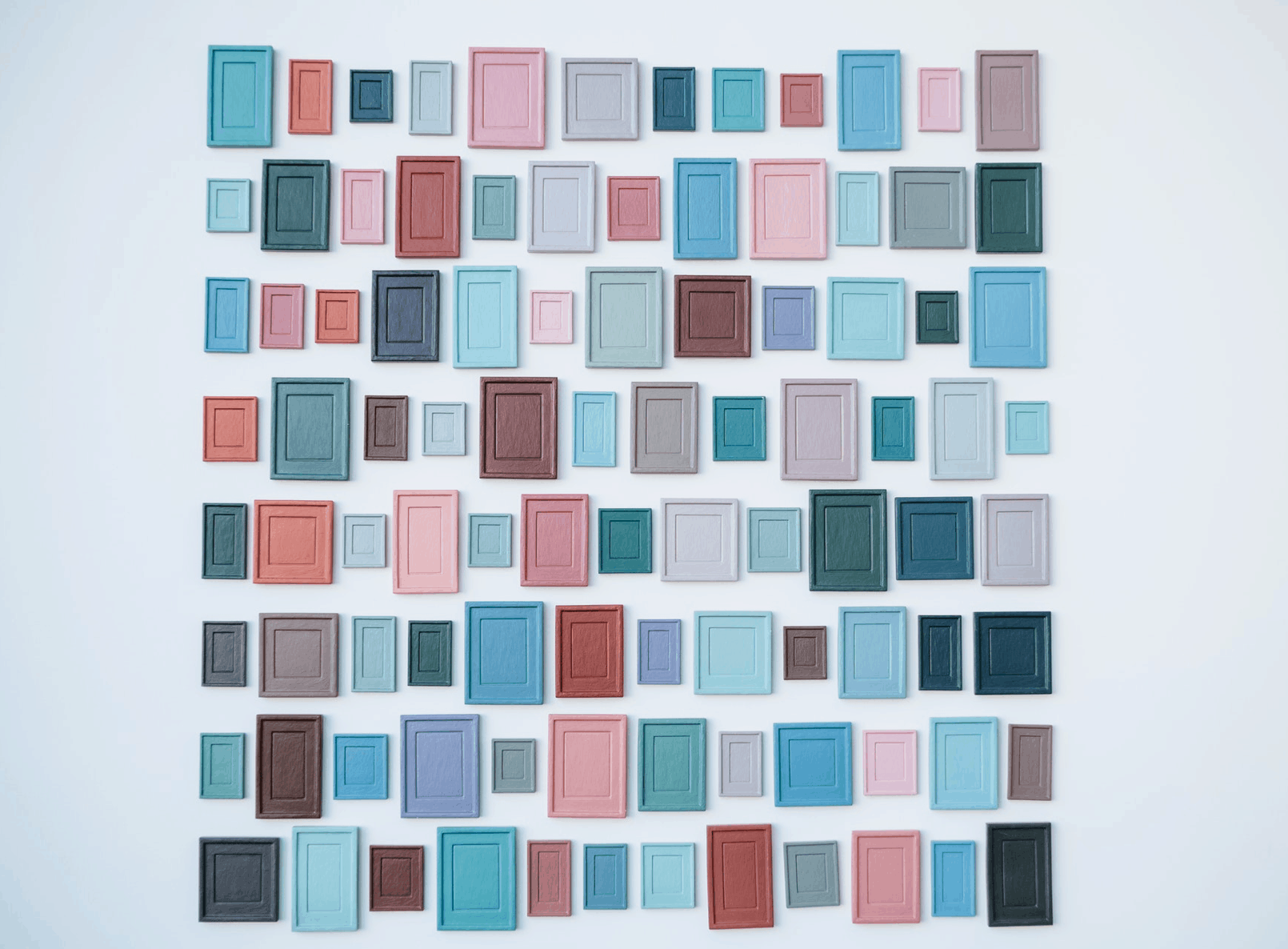
Reframing Reality
In the back of my mind I had assumed she was, at the very least, a passionate tomboy, or possibly a less feminine lesbian. She stopped wearing her older sister’s hand-me-downs when the shorts got shorter than mid-thigh and the tops became more form-fitting. The longer, gym-style boys’ shorts offered a lot in the way of comfort, even if they were lacking in the fashion department. She didn’t usually opt for dresses but had never resisted wearing them. Her short hair seemed way easier than dealing with her sister’s long tangles. All these small details didn’t really add up to anything unusual.
I told her she could always talk to me if she had any questions or worries after we had talked about how her older cousin, Joel, was transitioning from male to female. Joel realized she is a transgender female, and not male, like the life she had led for her first couple decades.
Erin’s big reveal came via Gmail, just after she left for school that Monday morning in November. I don’t know how long it took to write, but it took a few read-throughs to sink in. She wasn’t a tomboy, but is actually a trans male, and his new name is Coden.
Revisiting that day now, I am most struck by the fact it’s the last morning I can write about my sweet second child using female pronouns. The reality of changing pronouns was no simple task. To this day, I still mis-gender him on occasion, though I am more likely to accidentally call him by the dog’s name than to slip in a “she.” I know that nothing changed about this person from that Sunday to Monday, but it required me to flip a switch in my brain that really wanted to remain in default mode.
Moving from Erin to Coden took time, but it was far more challenging to remembering the correct pronouns. Names are personal, whereas “he” or “she” is generic and kind of automatic. I had little difficultly talking about “Molly and Coden,” but there was a good chance I might refer to them as “the girls” in the next sentence. As much as something so descriptive and defining as gender, had changed, nothing about Coden, the person, did.
Thinking back on our 13-year history, certain things fell into place. Beyond the examples mentioned above, the biggest evidence was pictures drawn 10 or 11 years ago. The three-year-old’s self-portraits all had three legs or a penis. He knew then what it took another decade to acknowledge, describe, or share: who he really is.
I hadn’t understood its importance at the time, and I don’t think Coden did either, but I held on to those drawings, and I’m so glad I did. That little bit of history helped me understand it this wasn’t a new reality as much as a huge reframing of our history. Nothing about my child was new, but the many ways I reference him were.
After three years, I can now think about how gender is a social construct and how ingrained stereotypes are different from an individual’s personality. But at the time, my gut was aching with immediate worries. What did this mean for PE that next semester? How were his friends and people at school going to react? And most deeply, would he suffer more as Coden than he would have if he had been Erin?
There are still a lot of questions. The most basic ones boil down to, “Do I need this answer right now?” Sometimes yes, like, “Do you want me to tell your old teacher whom we just ran into your new name?” Soon, I’ll need the answer to, “Where do you imagine yourself living at college?” And others: details about his body or who he loves are things he gets to decide when, and if, he wants to share. There are also questions that might never be answered. I probably won’t know if what I think of as recent regression in acceptance of LGTBQ+ populations will make life harder for my son.
“The more things change, the more they stay the same” has consistently proven true. Coden continues to grow inches over me but is still close friends with many in his old Girl Scouts troop. The kids and teachers at school still drive him crazy at times, but most couldn’t care less whether the clothes kids wear match the bathroom they use or gender box they tick. Classmates are happy when their friends find love, regardless of the other’s gender. High schoolers still judge, but maybe the boxes they put each other in are getting bigger.
It’s still the same world, but there are people viewing it with 3D glasses so it’s no longer so flat—and that gives me hope.











10 comments to "Reframing Reality"